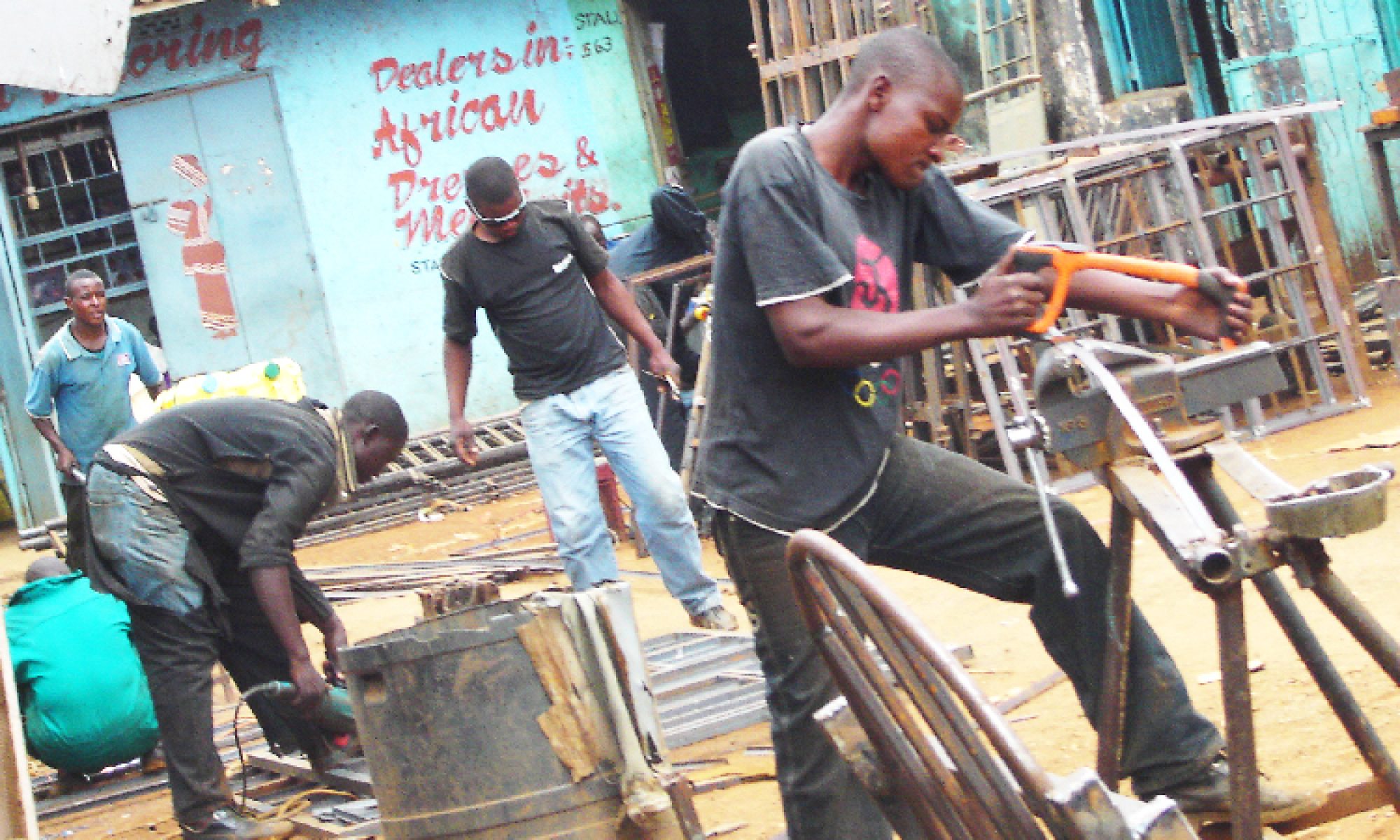On the face of it dating apps are incredibly popular
Tinder killed it and Hinge is dancing on its grave. If the classic romcoms were set here today, When Harry Met Sally would be called Sally Never Met Harry (because she swiped right past him). Likewise, Bridget Jones’s Diary would be the tragic tale of a single woman who dies and ends up half eaten by Alsatians (as Darcy’s search filters were set to ‘non-smokers only’). Meanwhile, William Thacker wouldn’t be able to afford a cup of tea in Notting Hill let alone the rent on a bookshop that movie stars wander into – and even if a starlet was standing right in front of him, asking him to love her, he’d be too busy on Bumble to make eye contact.
If you see someone you like the look of in a bar or on an overcrowded Tube carriage, the absolute last thing you do is strike up a conversation. Being rejected – especially publicly – is not an option for a generation who grew up hiding behind computer screens and you don’t want to be accused of MeToo-ing anyone. Now when you lock eyes with a bona fide sex god/dess, all you can do is hope to God that Happn’s location services will pick them up and they’ll match with you. In London, the best-case scenario, romantically speaking, is to be asked for your Snap so you can ‘chat’. Hardly a kiss under the clock at Waterloo station.
In theory, online dating sounds so glorious. With a population of nine million, any single person in the capital should have thousands upon thousands of beautiful strangers whose hearts they could pierce with OKCupid’s arrow. But in practice, it’s bloody horrendous – dating apps don’t facilitate love, just lust. They’re like Deliveroo for satisfying our sexual appetites, so much so that ever increasing numbers of us now see staying celibate while spending more time with our mates as the most desirable thing on the menu – as far as our souls are concerned. For the whole of my 30s, I’ve been ‘benched’, ‘breadcrumbed’, ‘catfished’, ‘cuffed’, ‘curved’, ‘cushioned’, ‘fizzled’, ‘ghosted’, ‘haunted’, ‘stashed’, ‘submarined’ and ‘zombied’.
Last year, I was dumped – not once but twice – by a man I met on Hinge who I had (silly me) become terribly keen on. Maybe I should write and thank him. After murdering whatever hope remained within me that I’ll ever find a man to adore me who I’m matched with by algorithm, at least it meant I got a hell of a lot done.
In the UK, six million people are expected to use them this year. Then, every eligible Londoner will have at least three on their phone. The monopolies of Grindr and Tinder – which moved fastest and broke dating in the early 2010s – now seem out of date, responsible for a hook-up culture which has spread like a contagion from New York to London.
The impact of dating apps on romance in the capital couldn’t be more catastrophic
Meanwhile Bumble, Happn, Hinge and all the rest bill themselves as modern matchmakers each with their own gimmick in the game. On Bumble the woman must message first (it’s billed as ‘feminist’ though I can’t see how forcing one sex to make all the effort helps in the slightest.) Happn shows who you crossed paths with; Hinge’s ad campaign says it’s ‘designed to be deleted’ once you find your match. But of course you can always download it again if things don’t work out. And that’s all that happens. You get a bit excited, meet good grief dating a guy, two days later, you’re like: ‘Oh, never mind.’ Again and again and again.

